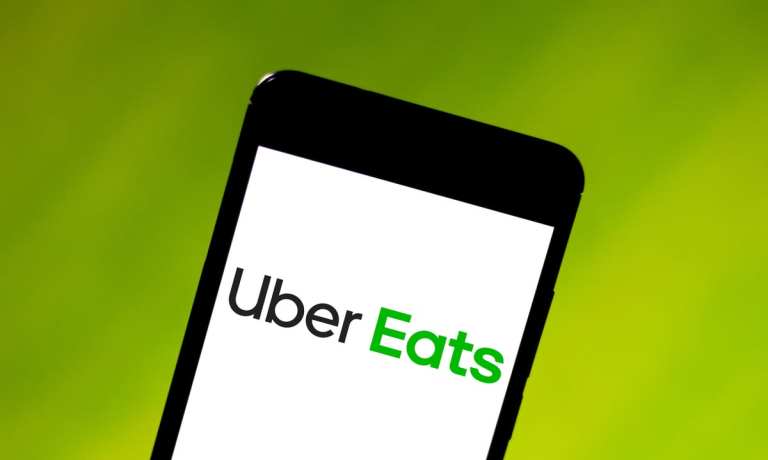Uber Eats Links With Gopuff For Convenience Store Delivery

Ride-hailing company Uber Technologies and Gopuff, which delivers convenience store goods to people’s homes, are partnering on a new service that will allow Uber Eats users to order household essentials through its app, according to a Tuesday (May 4) press release.
The plan is to launch the new operation in more than 95 cities this June with national expansion to follow later in the summer. Uber Pass and Eats Pass members will face no delivery charge on all Gopuff orders over $15.
This is the latest of Uber’s expansion into new lines of business — including grocery and alcohol — during the pandemic, which pummeled the company in 2020. The release points to the company’s announced acquisitions of Postmates, Drizly and Cornershop.
Uber said the result is that residents in more than 100 cities and towns in 20 major U.S. metros can now have groceries delivered through the Uber and Uber Eats apps.
For its part, Gopuff has been expanding as well, including through its acquisition of BevMo late last year for $350 million.
“One thing we know to be true is that people have come to expect more delivered to their doorsteps than ever before,” said Raj Beri, Uber’s head of grocery and new verticals delivery. He said Gopuff’s network of fulfillment centers will allow Uber to meet consumer demand for thousands of products.
“This partnership brings Gopuff’s unique assortment, affordable prices and fast delivery to even more people nationwide,” said Daniel Folkman, Gopuff senior vice president of business. He said Uber would be able to take advantage of Gopuff’s “logistics, tech and inventory expertise to bring a first-of-its-kind experience to customers.”
In March, Gopuff said it had raised $1.15 billion in new funding. The company said it planned to use the money on its strategic priorities — which include expanding “across the U.S. and internationally, introducing new product categories, and investing in top-tier talent and new technology” to better serve customers, a press release said.
The new funds pushed goPuff’s valuation to $8.9 billion, the release added.